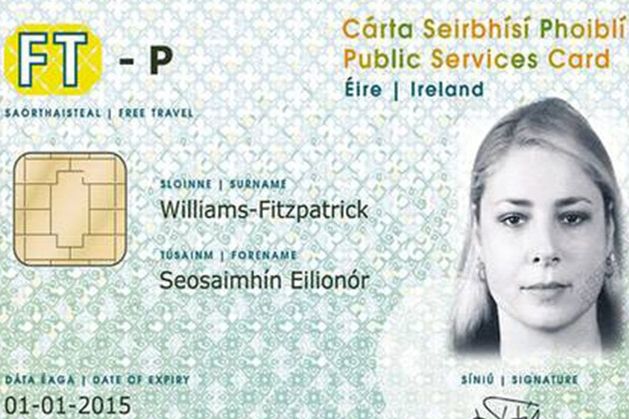
"The Government's practice of collecting and storing sensitive biometric data without a solid legal basis has drawn fire from civil liberties groups, raising privacy concerns."
"Critics argue that the Public Services Card is essentially a national identity card masked as a tool for efficiency, despite officials insisting on its necessity."
"According to the DPC, more than 70% of the population's biometric data is held by the Department, sparking serious concerns about privacy and data protection."
"The ongoing tension surrounding the card highlights broader issues regarding the balance between government efficiency and individual privacy rights, intensified by stringent GDPR regulations."
The article discusses the controversy surrounding the Public Services Card in Ireland, which has become a focal point for civil liberties critics concerned about government overreach. The Department responsible for the card has been ordered to halt its collection and processing of biometric data unless it establishes a legal framework by April. Privacy advocates argue the card serves as a de facto national identity card. The Data Protection Commission has raised alarms over the extensive biometric data, which affects over 70% of Ireland's population, and emphasized the need for strict compliance with GDPR laws regarding sensitive information.
Read at Irish Independent
Unable to calculate read time
Collection
[
|
...
]